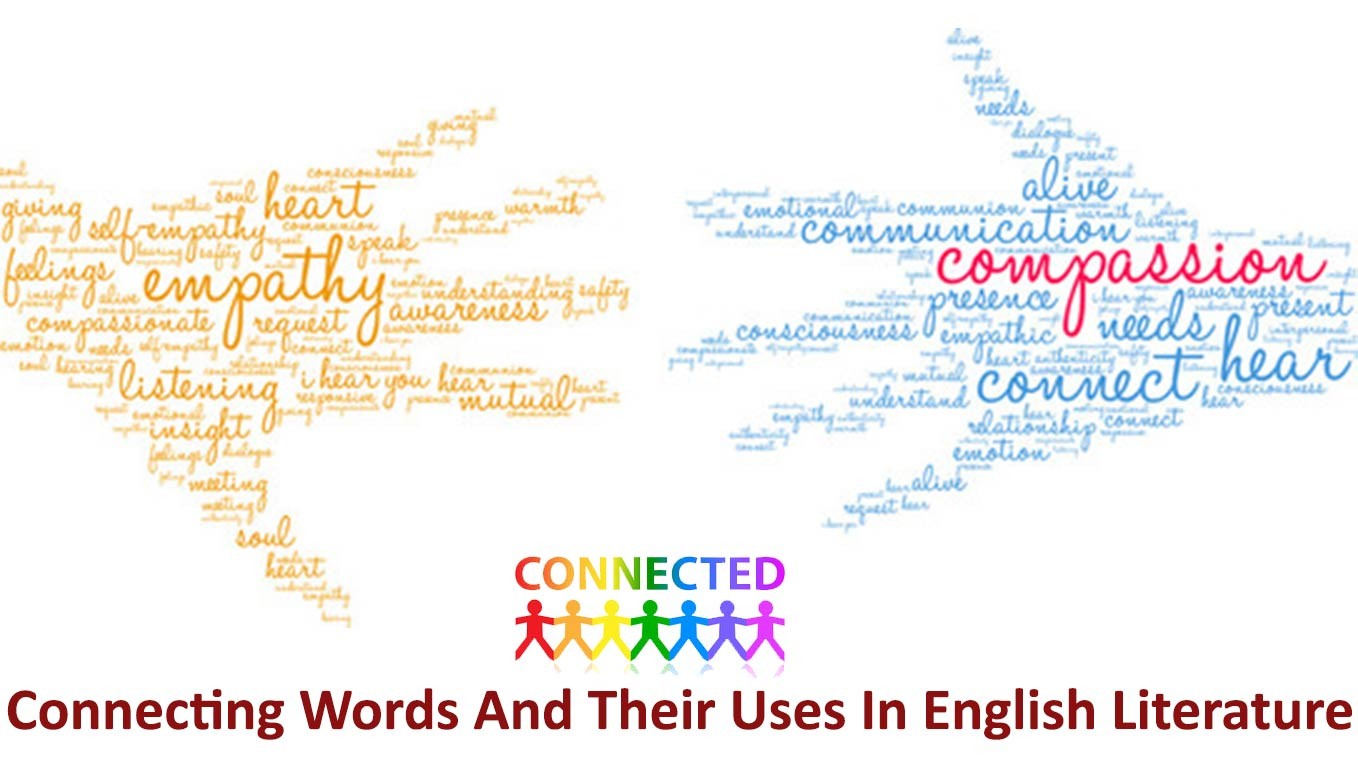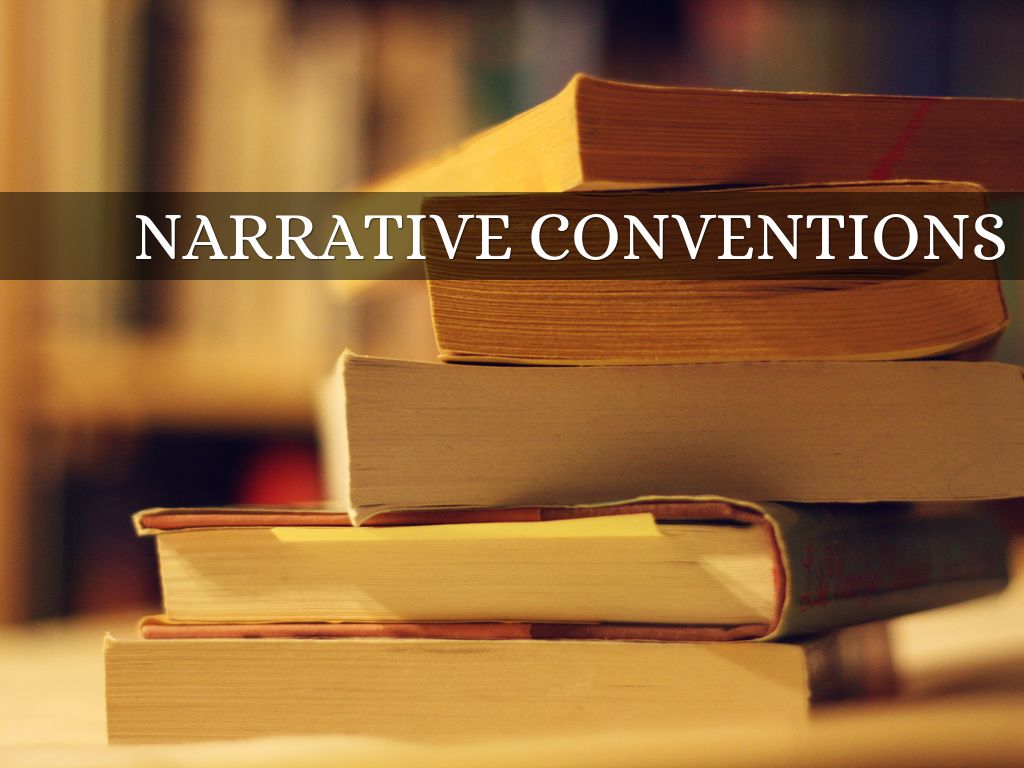Connecting words and their uses in English literature
Connecting words are conjunctions that are utilized in English literature, mainly for joining different types of clauses, sentences, and phrases. For example, to make the bridge between two sentences, authors use, however, whatever, such as and many others. Not only for connecting two sentences but also to maintain the flow of information, and make the content attractive for readers, it is important to use different kinds of connecting words.

Types of connecting words:
For different kinds of language functions, there are different types of connecting words. Linking words for academic writing are differentiated into four or more types, which are utilized to provide different kinds of mood like opposition, contrast, addition, and others. For the opposition, peoples use despite, however, despite. In contrast, mood connecting words are on the other hand, contrarily and many others. Some times to add more information, additionally, furthermore and many others, these kinds of words are also called linking words.
Connecting verbs in English literature:
Not only words, in English literature there are 20 connecting or linking verbs such as seem, stay, smell, sound, grow, look, and many others. Connecting words have a great contribution to the English literature due to the maintenances of flow across the paragraph. Linking and connecting words are utilized in the English literature in place of is and these are highly impactful as preposition and adverbs also.
Transition words and their uses:
Connecting words act as the conjunction, whereas in English literature, there are 200 transition words. These types of connecting words are quasi-complete. Transition words are highly utilized in the paragraphs for shifting or expressing the idea. These are mostly utilized for developing a texture of flow. For example, not only but also, coupled with and many other words are utilized in the English contents, academic assignments which are mainly transition words.
Transition words for paragraphs
For paragraphs, there are different kinds of transition words such as again, besides, finally, and many others for connecting one paragraph to another. For concession, contrast, and all other moods there are different varieties of connecting words. For emphasizing the tune of the paragraph, and removing the monotony authors use the connecting words. During writing an academic paper, the main aim of the author should be to provide a clear idea about the meaning of the content whereas transition words provide the flow to the idea from one to another.
Connecting words for academic writing:
In this aspect, connecting words provide the idea or sharp meaning to the academic writing. It provides the idea to the reader, where authors achieve satisfaction through conveying the message. There is a small differentiation between the connecting words and transition words. Linking words bridge two ideas, whereas transition words convey the message from one part of the writing to another. Mainly in academic writing, transition, as well as linking words and phrases, are essential. It provides a compact framework for making the information relevant and connected. In academic writing, it is the step behind attracting the examiner's heart.
For writing proper academic write-ups, and documents in English literature, it is highly crucial to emphasize the linking words, connecting words, as well as transition phases. To provide sufficient lessons nowadays, educational institutes provide enough lessons to students. To learn English literature, it will be highly impactful to take online help from assignment help companies. Among a massive number of students, Assignment Classmates will be the best based on students' reviews. If you are willing to learn the same you can contact also. English is now the foremost communicative language where proper knowledge in this one is highly crucial. It's high time. Just be active and learn the processes of implementing linking words in English literature.



